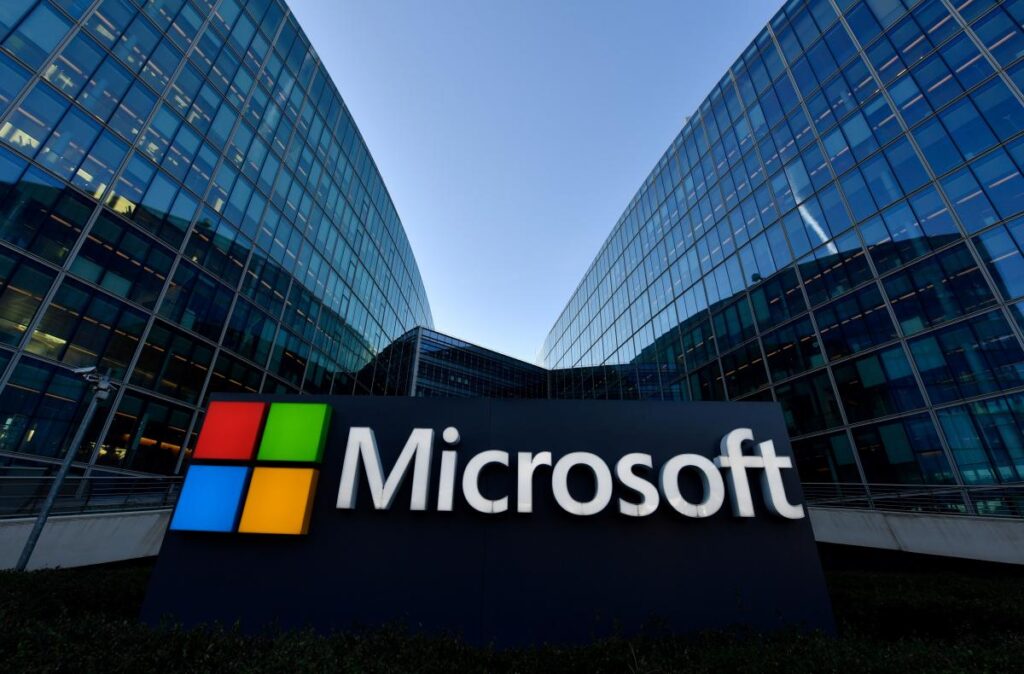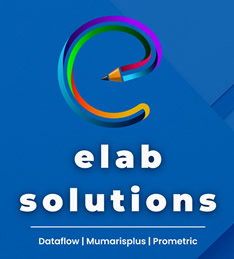The recent decision by the UK Competition and Markets Authority (CMA) to block Microsoft’s $68.7 billion merger with Activision Blizzard has sparked intense debate, with Microsoft labeling the move as its “darkest day” in the UK. The CMA’s concerns focus on the potential for Microsoft to dominate the cloud gaming industry, potentially stifling innovation and competition. As the cloud gaming market is projected to be worth up to £11 billion globally and £1 billion in the UK by 2026, the ramifications of this decision cannot be understated.

Microsoft argues that the CMA’s decision could discourage innovation and investment in the UK’s technology sector, shaking confidence in the country’s business climate. Microsoft president Brad Smith even suggested that the verdict may lead the company to reevaluate its relationship with Britain. On the other hand, the CMA maintains that their decision promotes competition and creates an environment where companies of all sizes can compete, grow, and innovate.
“We’re of course very disappointed in the CMA’s decision, but more than that, unfortunately, I think it’s bad for Britain,”. “The business community, the investment community, and the technology sector around the world have been following this case, and the strong message the CMA has sent is, not just to surprise anyone who fully expected this acquisition to be approved, but to send a message that I think will discourage innovation and investment in the United Kingdom.” — Brad Smith, Microsoft President
While Microsoft’s concerns about the impact of this decision on innovation and investment are valid, it is essential to consider the potential monopolistic consequences of such a merger. With an estimated 60-70 percent of the global cloud gaming services under Microsoft’s control, the acquisition of Activision Blizzard would grant the company access to influential gaming content, including Call of Duty, Over watch, and World of Warcraft.
Every serious and longtime gamer understands the importance of a thriving and competitive gaming industry. When there is diversity in the market, innovation flourishes, and consumers are exposed to a wider variety of game experiences. The potential for Microsoft to monopolize the cloud gaming market could ultimately be detrimental to innovation and consumers alike.

On the flip side, the CMA’s decision may discourage other technology companies from pursuing similar mergers, fearing a similar fate. This could potentially stifle innovation in other areas of the technology sector. Additionally, Microsoft’s deep pockets and resources could have been used to support the development of Activision Blizzard’s games, potentially benefiting the gaming community.
While it is difficult to predict the long-term impact of the CMA’s decision, there are potential solutions that could address both the concerns of Microsoft and the CMA. For instance, regulators and companies could work together to develop rules and guidelines that promote competition without stifling innovation. Alternatively, Microsoft and Activision Blizzard could consider a different partnership model that ensures the independence of the latter, while still leveraging the resources of the former.
For instance, regulators and companies could work together to develop rules and guidelines that promote competition without stifling innovation
Alternatively, Microsoft and Activision Blizzard could consider a different partnership model that ensures the independence of the latter, while still leveraging the resources of the former
In conclusion, the CMA’s decision to block the Microsoft-Activision Blizzard merger is a complex issue with no easy answers. The need to balance competition and innovation is a delicate task, and one that requires thoughtful consideration of both short-term and long-term consequences. While this decision may indeed represent a “dark day” for Microsoft, it is an opportunity for regulators and technology companies to work together to create a fair and competitive landscape that ultimately benefits all stakeholders.








